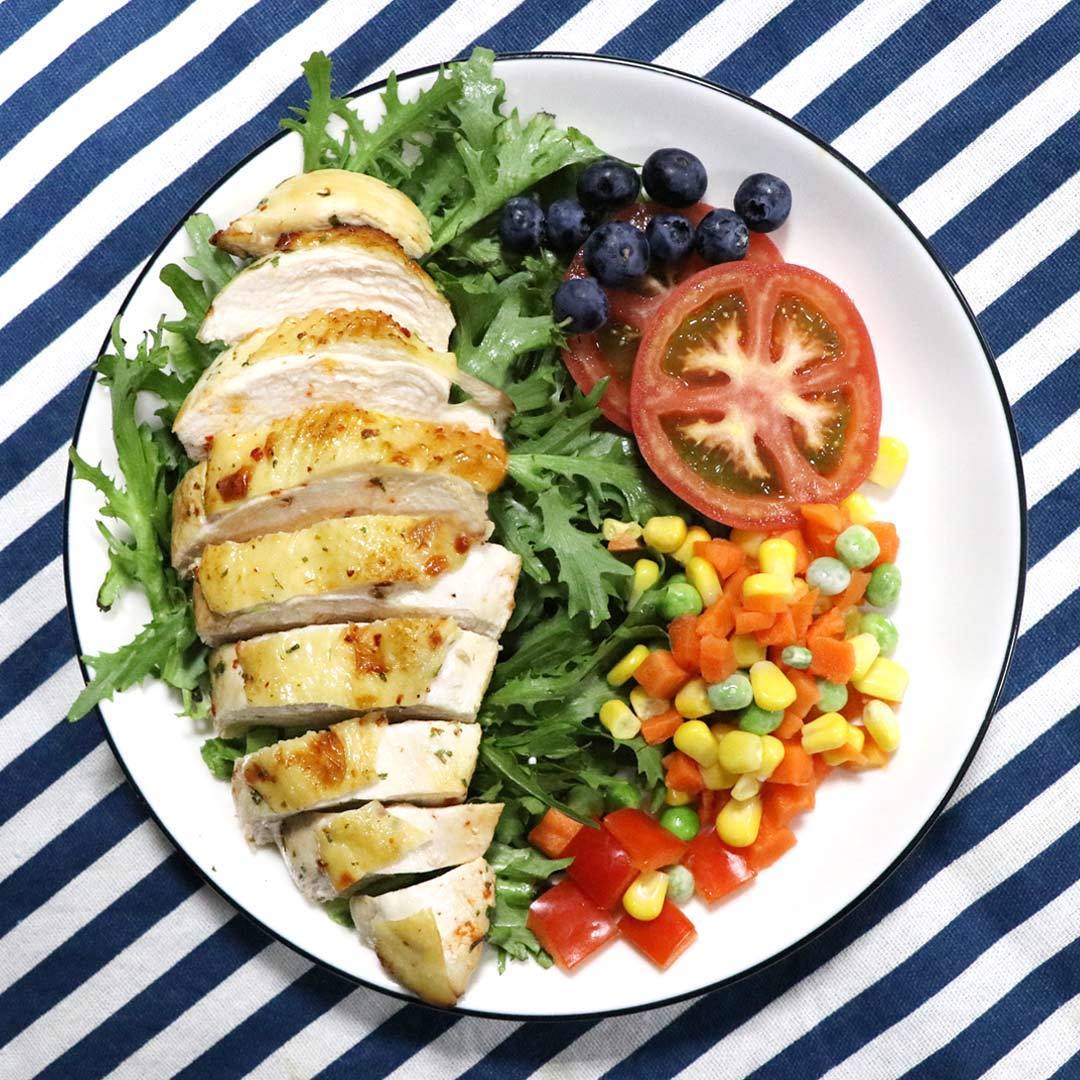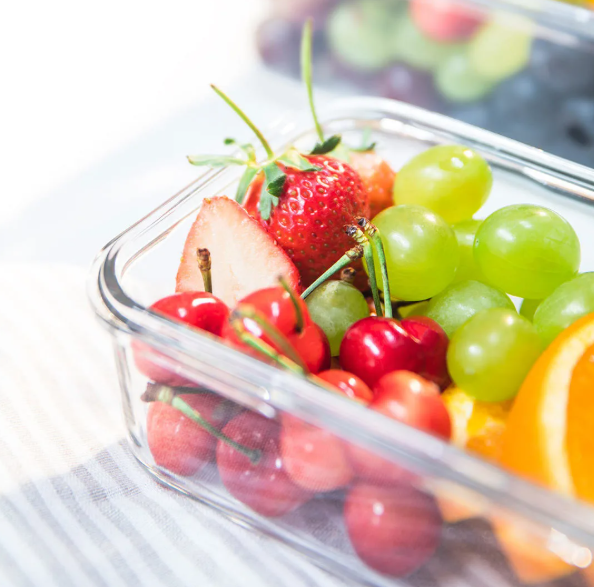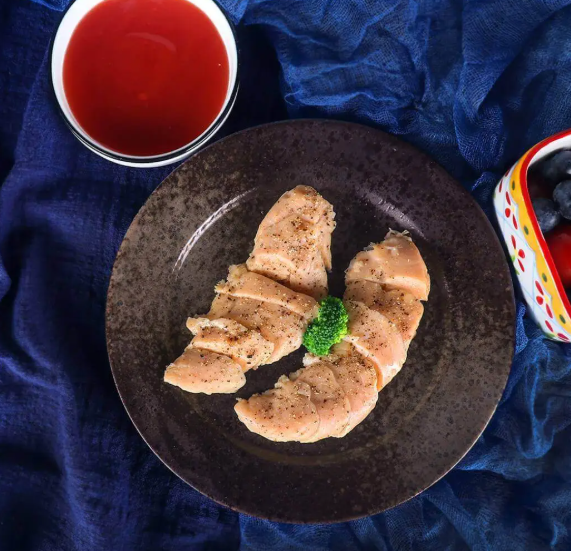
For time-pressed adults aged 20-40 in Europe and America, meal kit subscriptions—from brands like HelloFresh, Blue Apron, and Marley Spoon—have revolutionized home cooking: pre-portioned ingredients, easy recipes, and doorstep delivery eliminate the hassle of grocery shopping. Yet, this convenience comes with frustrating risks: a delayed delivery leaving perishable chicken or seafood spoiled in summer heat, a damaged box crushing fresh produce, or a missing key ingredient (like olive oil or spices) derailing a planned weeknight meal. Traditional brand guarantees often only offer partial refunds or rescheduled deliveries—solutions that fail to cover the time wasted or the need to order takeout instead. Meal kit delivery insurance has emerged as a targeted fix, protecting subscribers from these disruptions and ensuring their investment in convenient cooking doesn’t go to waste.
This specialized insurance addresses three key pain points for subscribers. First, spoilage coverage: it reimburses the full cost of a meal kit if ingredients spoil due to delivery delays (e.g., a 4-hour delay in 30°C Paris weather) or inadequate packaging (e.g., melted ice packs). Unlike brand refunds, which may take 3-5 business days, insurance claims often process within 24 hours, and some policies even cover the cost of emergency takeout (up to €25 in Europe, $30 in the U.S.) when a spoiled kit leaves subscribers without dinner. Second, damage and misdelivery protection: it covers kits with damaged ingredients (e.g., bruised avocados, broken eggs) or missing items that render recipes unusable. Subscribers don’t have to negotiate with customer service—they simply file a claim with photos of the issue, and the insurer compensates them directly. Third, seasonal risk coverage: for subscribers in regions with extreme weather (e.g., winter snowstorms in Berlin or summer heatwaves in Los Angeles), policies often include protections for weather-related delivery failures, a gap many brands exclude from their standard guarantees.

For 20-40-year-old subscribers, the benefits extend beyond financial compensation. Time is their most valuable resource, and insurance eliminates the need to chase brand support or rearrange meals at the last minute. A 2025 survey by the European Meal Kit Association found that subscribers with delivery insurance reported 68% lower frustration with service disruptions compared to those without. Additionally, the flexibility of insurance aligns with their dynamic lifestyles: policies are often month-to-month (no long-term commitments, ideal for renters or frequent travelers) and can be paused if subscribers take a break from their meal kit subscription.
The market for this insurance has grown alongside the meal kit industry, with providers partnering with both brands and independent insurers. In Europe, Allianz Partners offers “MealGuard,” a policy bundled with HelloFresh subscriptions in Germany and France, covering up to 12 spoiled or damaged kits annually. In the UK, Domestic & General’s “FreshCover” works with multiple brands (including Gousto) and includes free recipe substitutions via a dedicated app if ingredients are missing. In the U.S., Lemonade’s “MealKit Protect” is a standalone policy that covers any major meal kit brand, with AI-powered claims processing that approves most requests in under 10 minutes—perfect for tech-savvy young users.
When choosing a policy, subscribers should focus on three factors. Coverage limits: Ensure the policy covers the full cost of your meal kit (avoid plans with per-claim caps lower than your subscription cost). Claim process speed: Opt for insurers with digital-first claims (app or online submissions) to avoid phone wait times. Exclusions: Check if the policy covers “user error” (e.g., missing a delivery and finding ingredients spoiled later) or only carrier-related issues—many 20-40-year-olds value flexibility for occasional scheduling mistakes.

For meal kit subscribers in Europe and America, delivery insurance isn’t just a safety net—it’s a way to protect the time and money invested in convenient, healthy eating. By turning frustrating delivery mishaps into quick, stress-free solutions, it lets young adults focus on enjoying cooking, not fixing problems. In a world where convenience is king, this insurance model isn’t just innovative—it’s essential for anyone who relies on meal kits to simplify their busy lives.




